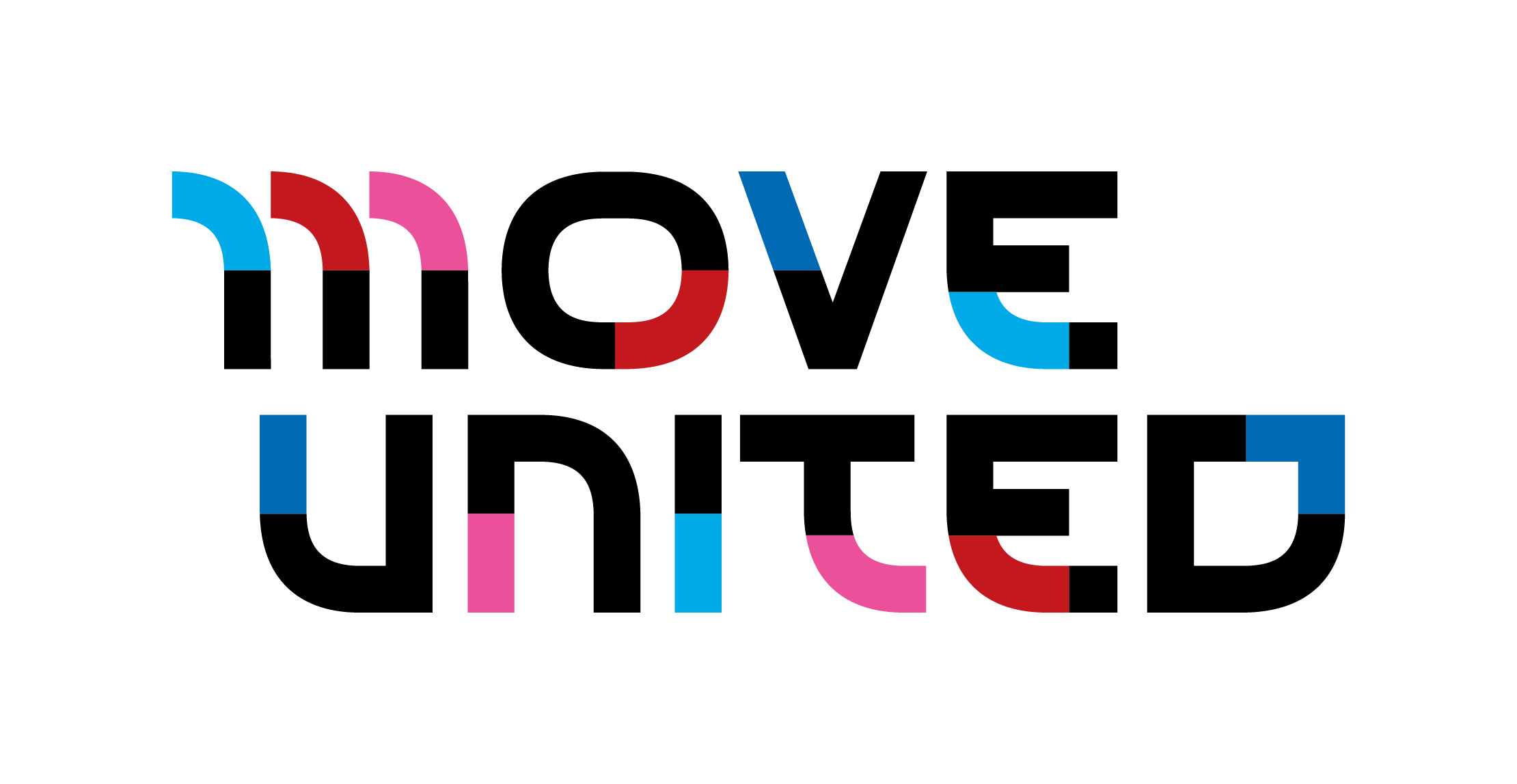We are often told that we need to exercise but are not told HOW to exercise. First off, let’s differentiate the difference between physical activity and exercise. Physical activity is any bodily movement that occurs as a result of musculoskeletal contraction that ultimately increases energy expenditure. This is a fancy way of saying that physical activity is an action that requires energy to perform. An exercise is a structured form of physical activity. But let’s not get caught up in the jargon because both are one and the same and are important for our mental and physical health.
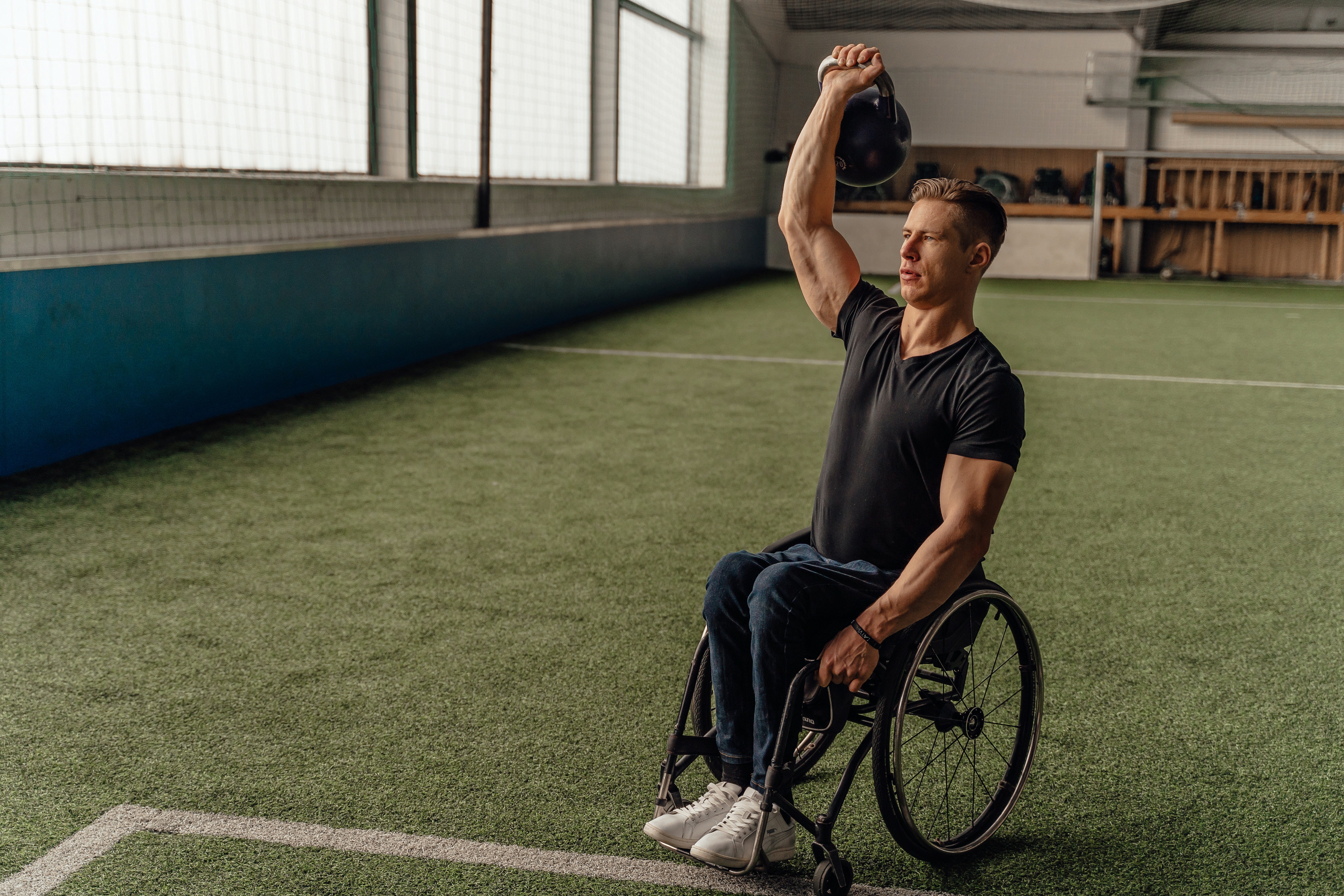 The American Heart Association currently recommends that adults accumulate greater than or equal to 150 minutes of moderate physical activity or 75 minutes of vigorous activity per week while children should get at least 60 minutes per day of moderate-to-vigorous physical activity weekly.
The American Heart Association currently recommends that adults accumulate greater than or equal to 150 minutes of moderate physical activity or 75 minutes of vigorous activity per week while children should get at least 60 minutes per day of moderate-to-vigorous physical activity weekly.
So, what exactly is moderate vs. vigorous activity? While everyone has different abilities, here are some different ideas to get those recommended “moderate” minutes as classified by the American Council on Exercise that can be adapted to functionality: chores that I push off until the weekend (washing windows, washing my car, cleaning the garage, sweeping/vacuuming), general carpentry, walking 3-5 mph, mowing the lawn, slow room ball dancing with that special someone, fishing, sailing your boat, canoeing/kayaking (3-5 mph), gardening, leisure biking/stationary bike, leisure swimming (what you consider “easy”), table tennis, shooting hoops, non-competitive volleyball, and golfing!

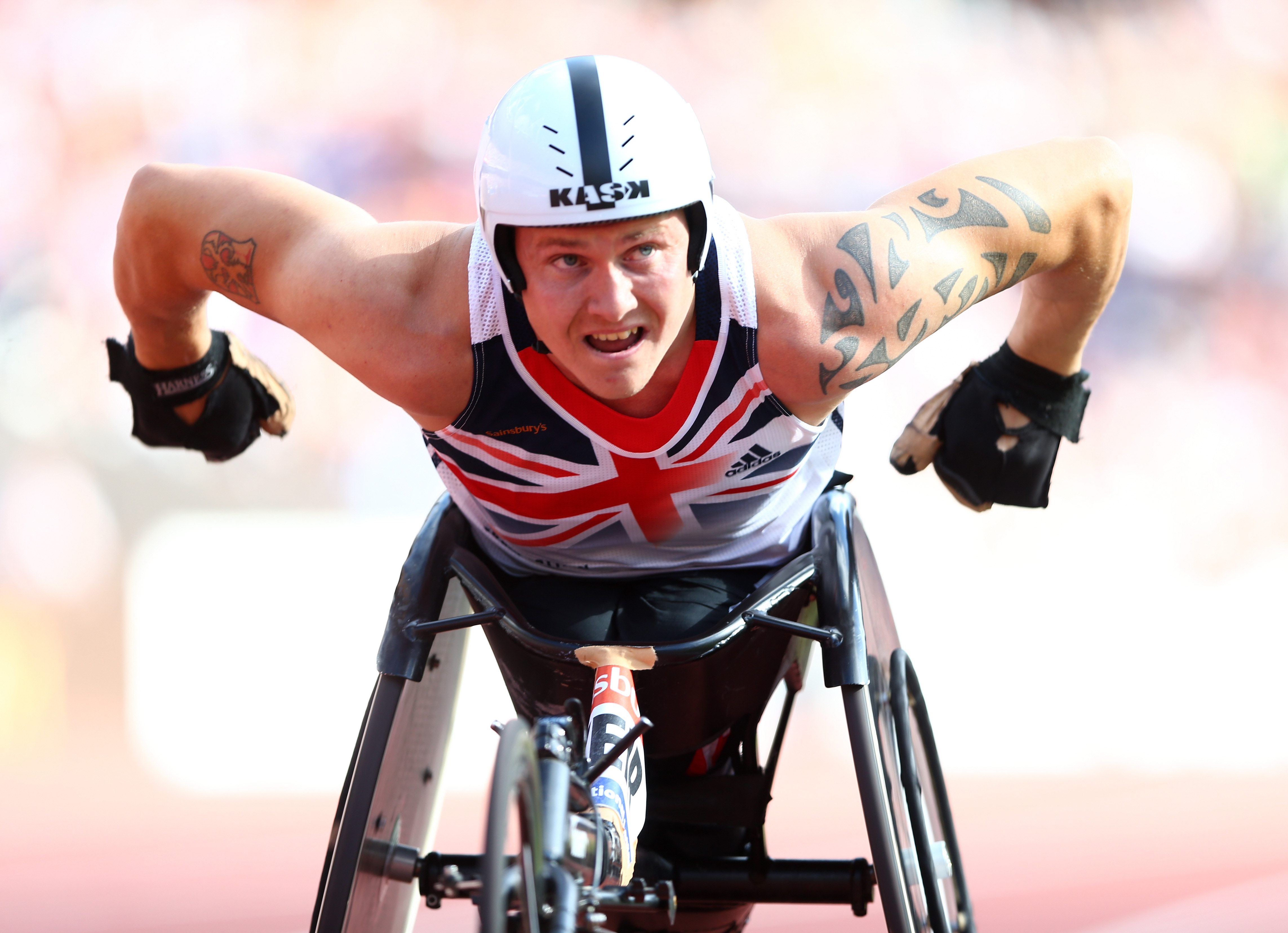
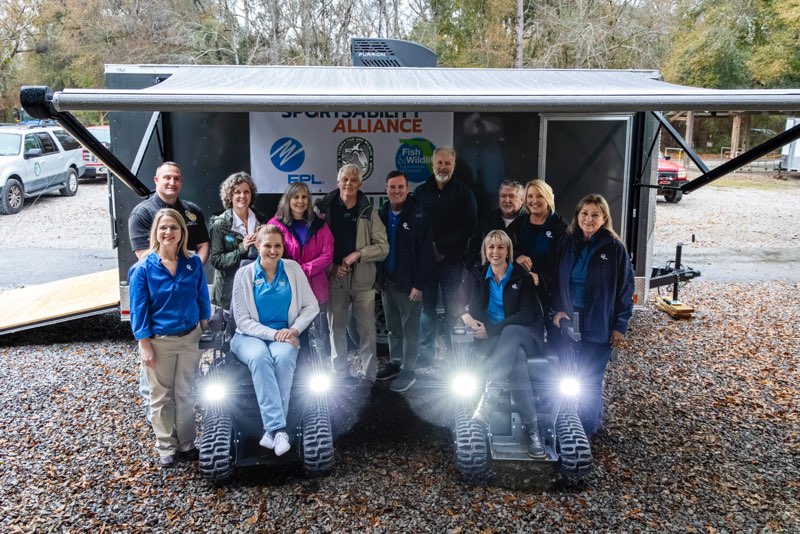
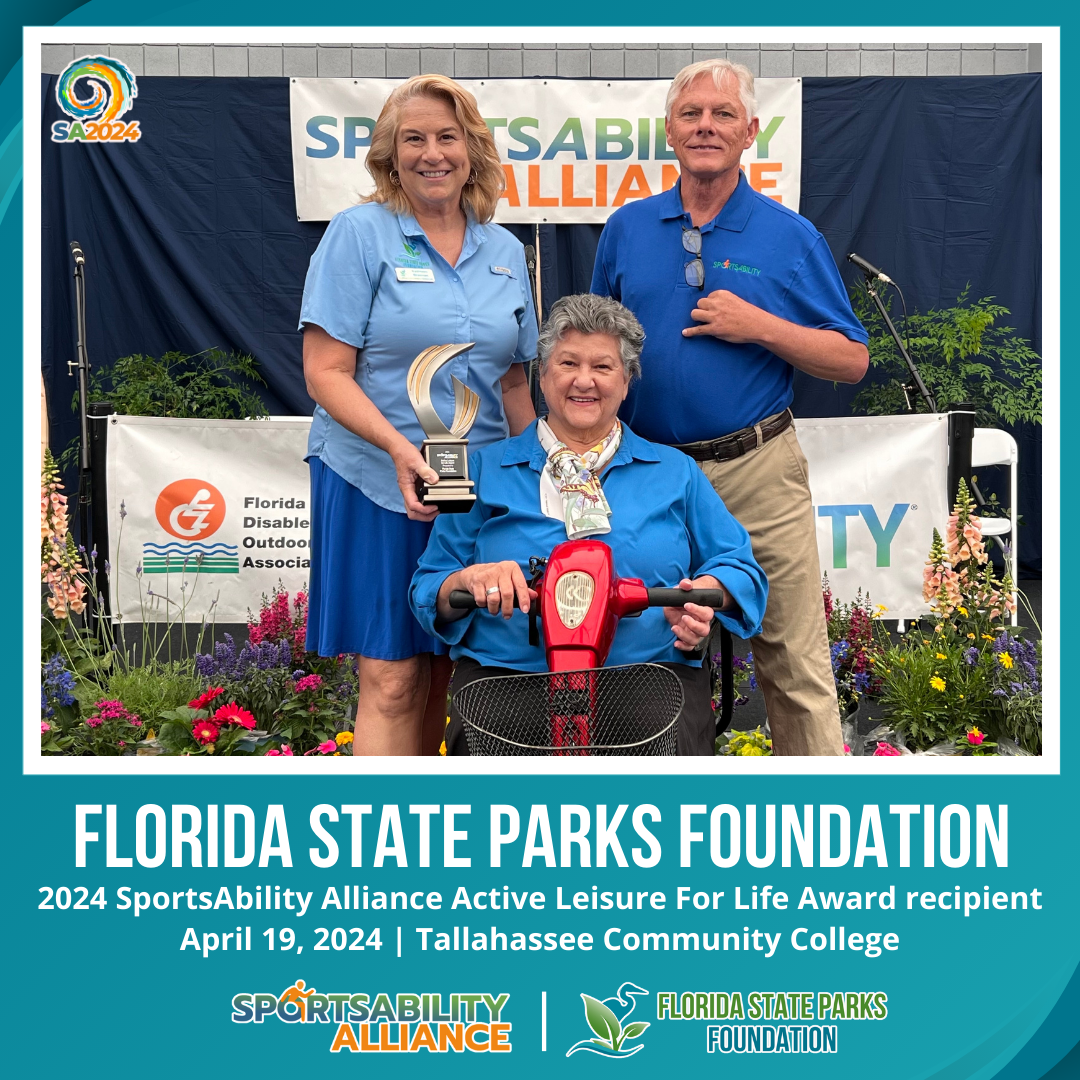
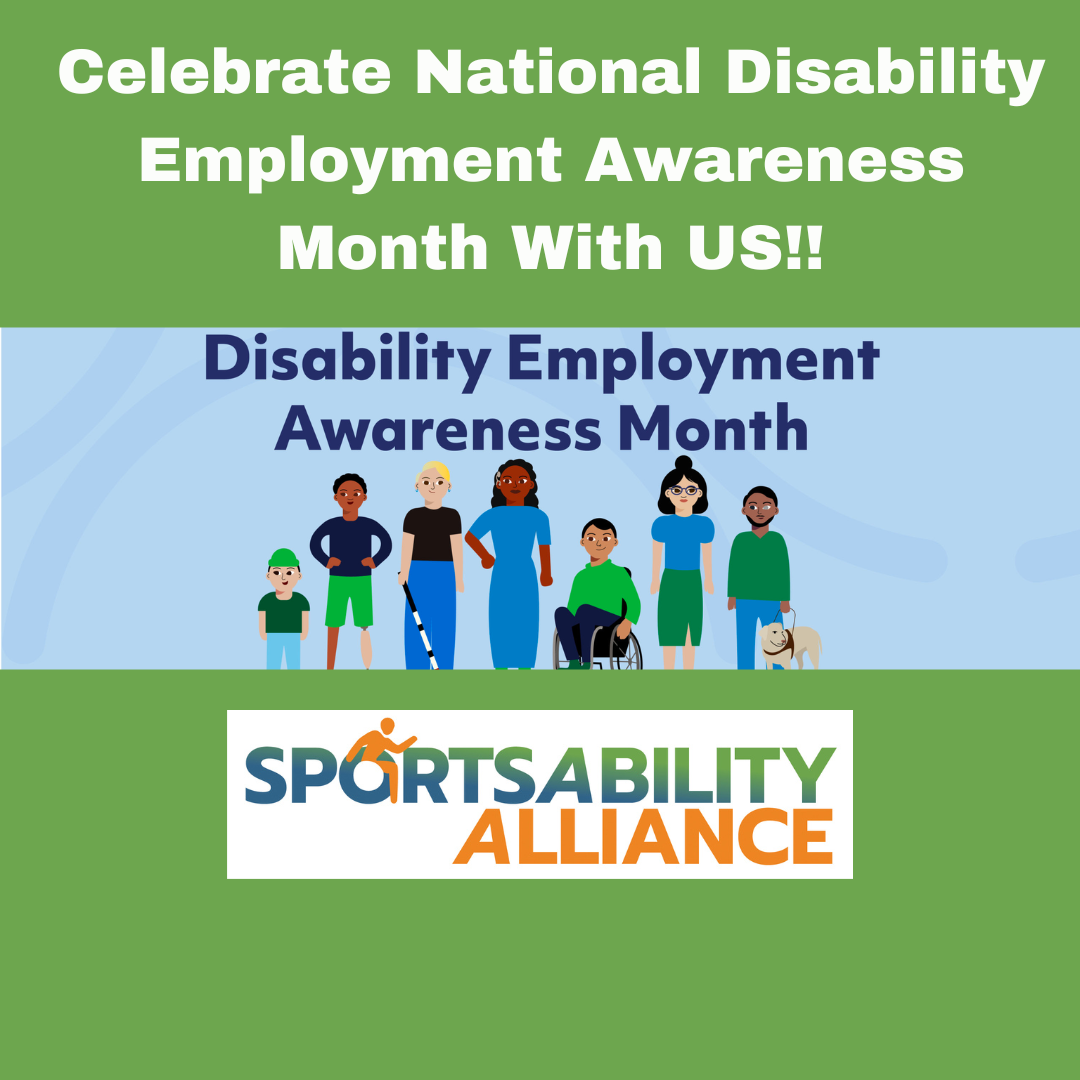
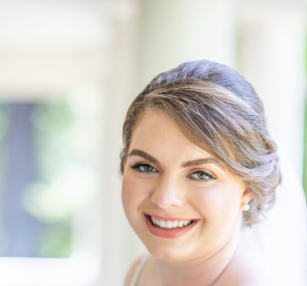
 “Special Olympics is important, as it empowers and provides inclusion for special needs athletes. I learned a great deal about patience and will power from Special Olympics athletes, that I may have never experienced if not for Special Olympics,” said Special Olympics Coach Gladys Liehr.
“Special Olympics is important, as it empowers and provides inclusion for special needs athletes. I learned a great deal about patience and will power from Special Olympics athletes, that I may have never experienced if not for Special Olympics,” said Special Olympics Coach Gladys Liehr. 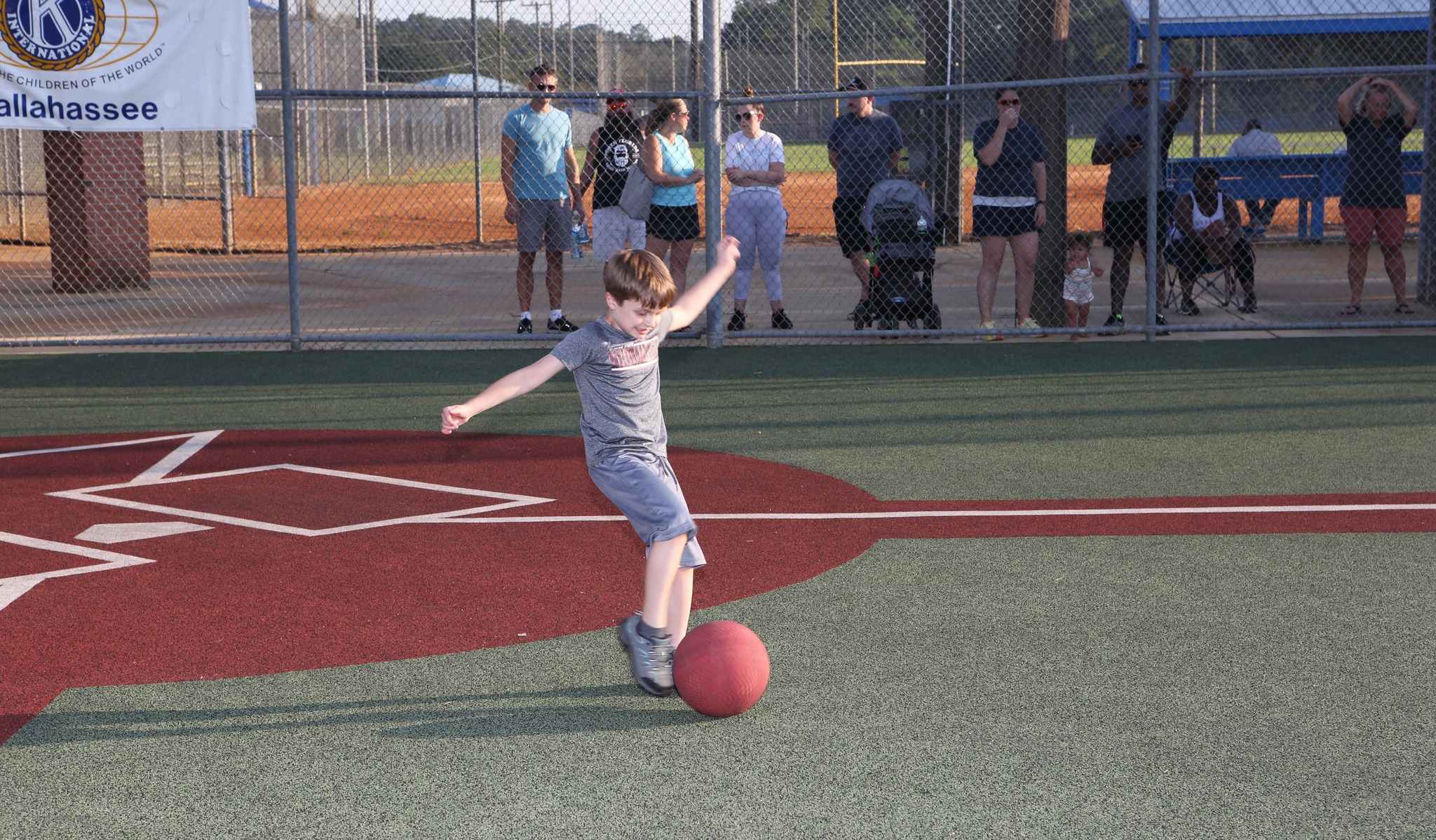
 The American Heart Association currently recommends that adults accumulate greater than or equal to 150 minutes of moderate physical activity or 75 minutes of vigorous activity per week while children should get at least 60 minutes per day of moderate-to-vigorous physical activity weekly.
The American Heart Association currently recommends that adults accumulate greater than or equal to 150 minutes of moderate physical activity or 75 minutes of vigorous activity per week while children should get at least 60 minutes per day of moderate-to-vigorous physical activity weekly.
